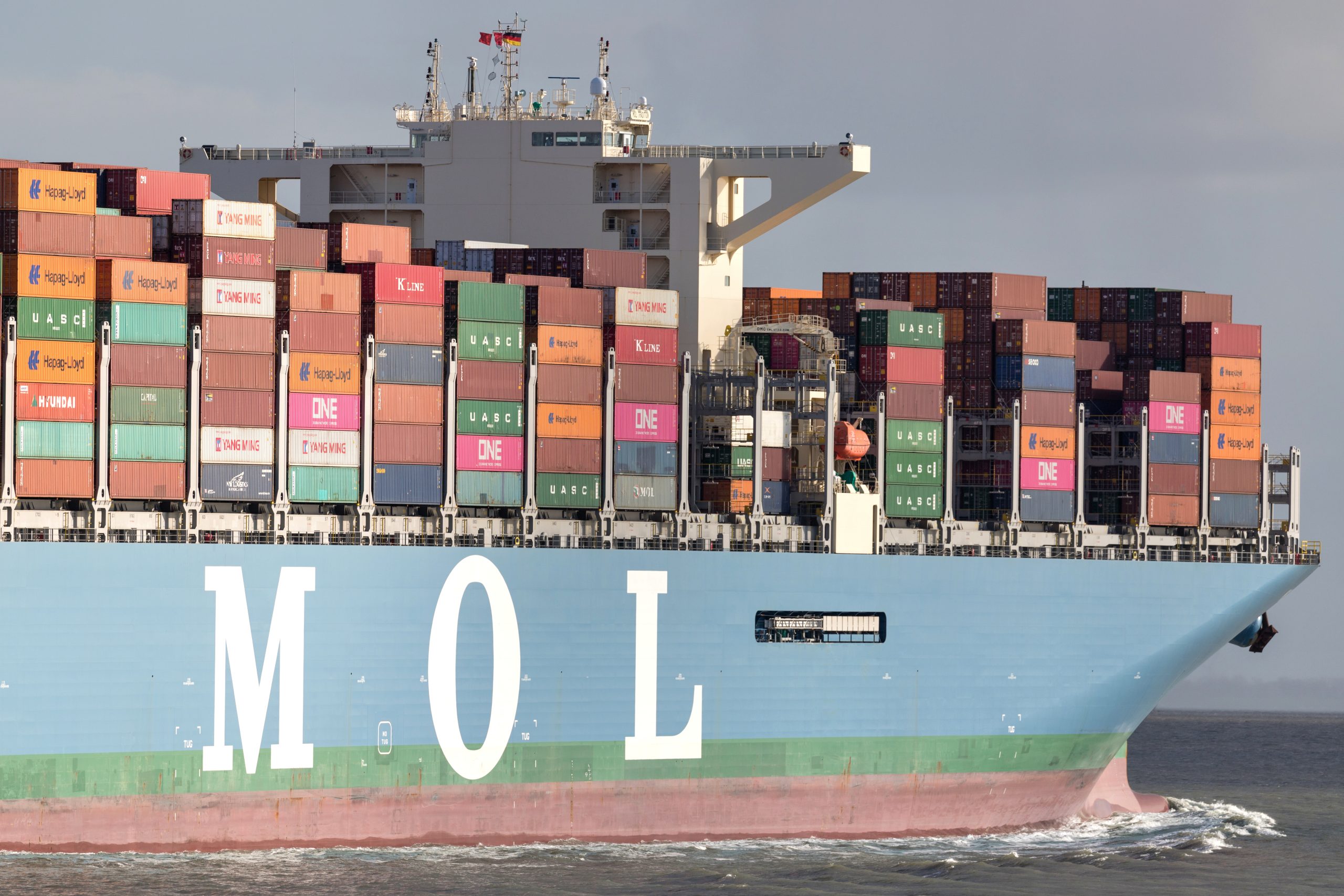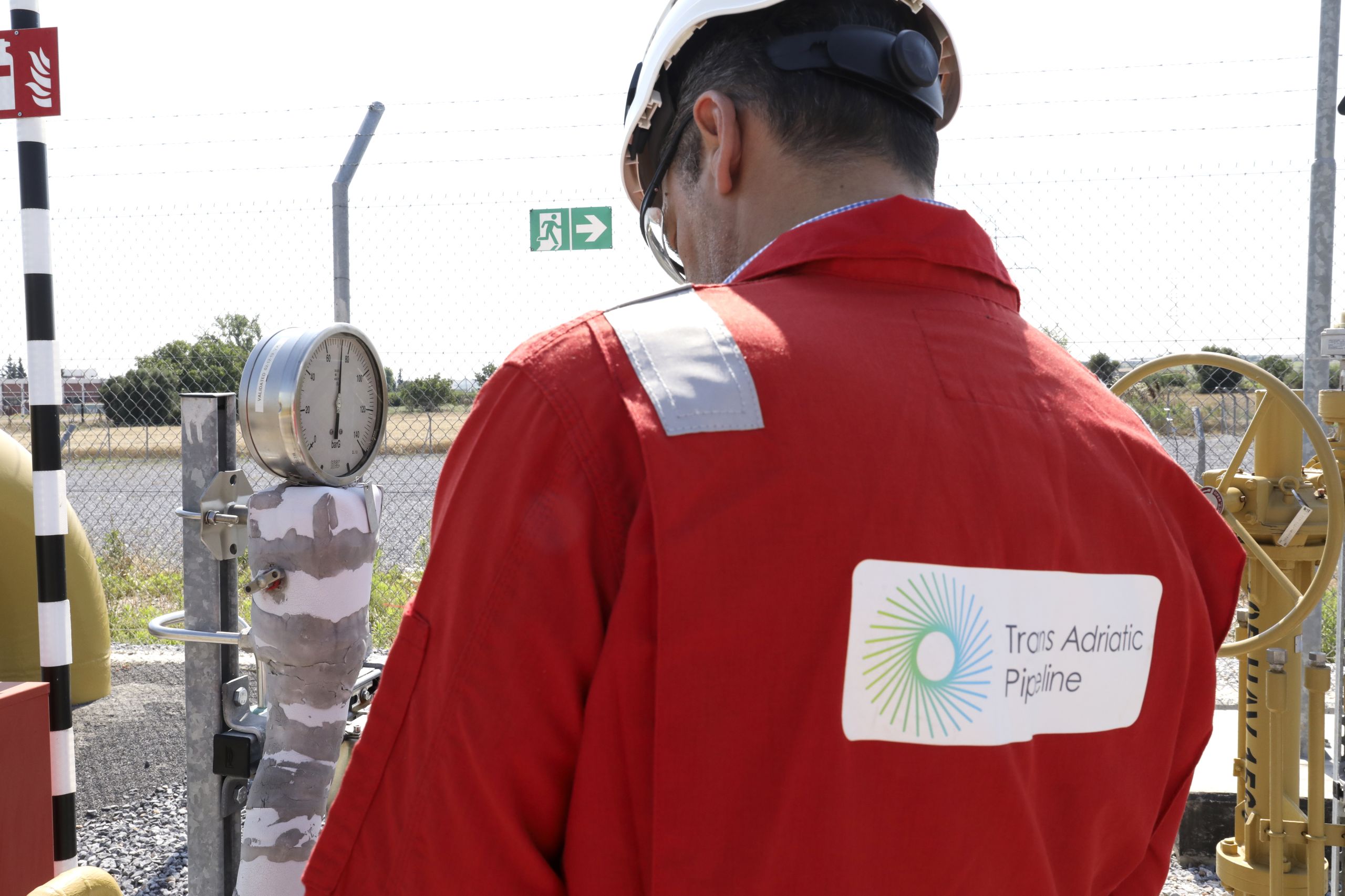Slovenian hydrogen delegation visits Japan

A Slovenian delegation visited Japan at the end of November to meet with potential partners across the hydrogen ecosystem.
Holding Slovenske Elektrarne (HSE), a leading partner in the North Adriatic Hydrogen Valley (NAHV) project, visited Japan with aims of strengthening their ties with some key potential Japanese strategic partners.
The Hydrogen meeting was brought together with aims to bring the treatment of hydrogen technologies to the national level, finding ways to establish a nationwide low-carbon hydrogen system that will enable the energy transition in Slovenia.
The consortium includes both producers and (industrial) consumers of electricity as well as network operators and distributors.
Forming part of the consortium, head of the HSE development and investment department, Dr. Jerneja Sedlar said after the visit: “The visit to Japan confirmed once again that everything HSE does in the field of hydrogen technologies is done right.”
She added that the visit was also useful from the aspect of strengthening ties with Japanese companies, which, together with the Japanese research and development agency NEDO, are drawing up an application for joint projects.
The head of the HSE development and investment department presented to the Japanese delegation the development projects that HSE is preparing for the upcoming investment period, and they were impressed, because HSE is marked on the hydrogen map as the spearhead of carbon-free technologies in Slovenia.
Uroš Kerin, the coordinator of the consortium from the power transmission system operator ELES, summarised the visit stating: “By visiting Japanese companies, the consortium upgraded its knowledge in this field, obtained valuable information about hydrogen technologies that have already been implemented, and above all, took a step forward in its efforts to enlist the participation of prominent Japanese corporations that have extensive experience in this field.”
New Commission must remain focused on building up hydrogen value chain
Jorgo Chatzimarkakis, CEO of Hydrogen Europe, stated: ‘’With five years to go until 2030, the new EU Commission cannot let the moment go to waste. To reach our climate targets we need decisive action and unity of purpose from policymakers”.
There is no net zero scenario which does not include clean and sustainable hydrogen for hard to abate sectors, transport, and energy storage. Therefore, any measures taken on climate action must continue to include support for the scale up of the comparatively young hydrogen sector.
There is plenty of reason for optimism, as President von der Leyen in her previous term championed the progressing of the Clean Transition Dialogues, which has been instrumental in shaping the future of the clean hydrogen value chain and promoting the transition to a low-carbon economy across Europe.
According to Leyen, simplifying regulatory processes within the first 100 days of the new Commission would be transformative for the sector. It will not only foster a more favourable environment for clean hydrogen but also ensure that the EU remains competitive on the global stage.
Equally important is the need to increase financial support in the early-stage deployment of clean hydrogen technologies.
Leyen continued stating “the success of the clean energy transition will not only depend on our internal policies but also on international cooperation”.

